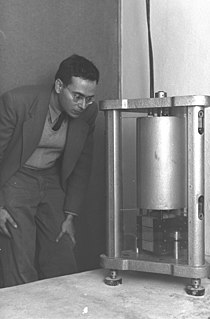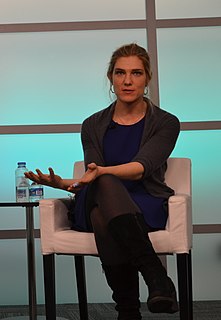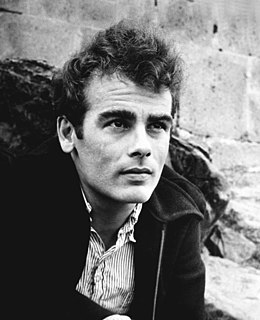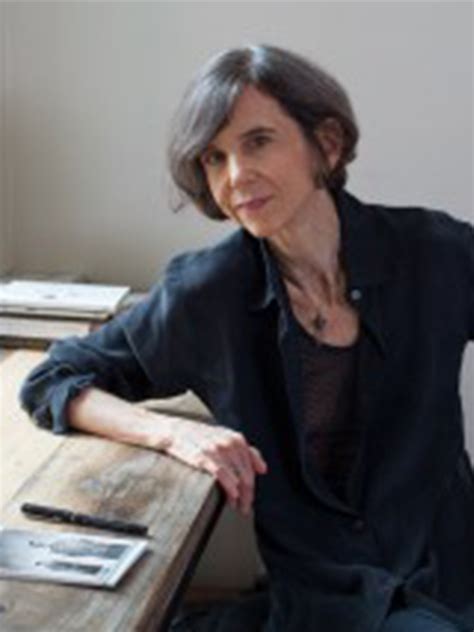A Quote by Noam Chomsky
If you are giving a graduate course you don't try to impress the students with oratory, you try to challenge them, get them to question you.
Related Quotes
I spend quite a bit of time thinking about my students. I look at them, at their work, I listen to what they tell me, and try to figure out who they might become in the best of all possible worlds. This is not easy. Students try to give you clues; sometimes they look at you as if imploring you to understand something about them that they don't yet have the means to articulate. How can one succeed at this? And how can one do it 20 times over for all the students in a class? It's impossible, of course. I know this, but I try anyway. It's tiring.
I have lived much of my life among molecules. They are good company. I tell my students to try to know molecules, so well that when they have some question involving molecules, they can ask themselves, What would I do if I were that molecule? I tell them, Try to feel like a molecule; and if you work hard, who knows? Some day you may get to feel like a big molecule!
If the students don't want to learn about evolution, they shouldn't be in the course. A biology course that teaches creationism is not a science course, it's a religion course. So the students demanding that creationism be given credence in that course are out of line and are denying the academic freedom of the professor. They are calling into question the scientific basis of the material that's being presented. And students are not in a position to do that.
Images work on so many different levels. As a writer you feel them, try not to get in their way or narrow them down to anything other or less complex. A writer is a curator of sorts - once you've brought the images together you try to stand at a respectful distance and let them speak for themselves. Try not to mess with their ambiguities and contradictions. They are what they are, irreducible. This is their integrity.
When people are dying, they call their old enemies and try to forgive them and try to be forgiven by them. They call their old friends and affirm their love for them, as well as detach themselves from them, and they try to get into as free a space as they can so they're really ready to go. They give away all their possessions and are as generous as possible. They give up old hatreds and grudges, and that's a wise intuitive thing, because it's much freer to live like that.






































